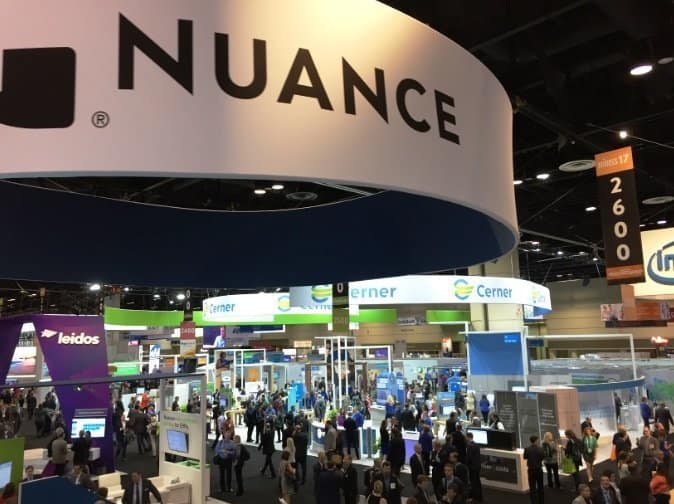Nuance has introduced a new Artificial Intelligence (AI) tool that combines voice biometrics and Natural Language Understanding (NLU) for a personalized, human experience on different speech-driven channels.
The Nuance Lightning Engine should enable a smart speaker, virtual assistant or IVR to recognize a specific user using a single voice command. With that voice command, it should also be able to identify what that user is looking for.
This is made possible by allowing users to create a unique voice profile for the accounts they use. The technology recognises and identifies the user from that profile. With the profile it is also possible to log in, so that users no longer have to enter passwords.
Halve identification time
According to Nuance, the technology makes it possible to halve the speaking time required to identify a user. This means that the time taken to establish a person’s identity is even shorter than when only the human ear is used.
“The engine makes it easy for businesses to verify that a user is who they say they are, when they make contact through a voice channel, says General Manager Brett Beranek of Security Business at the Nuance Enterprise Division.
This saves time, which companies can then put into a personalized interaction from the very first contact, making the contact moment effective, pleasant and natural.
Availability
The Nuance Lightning Engine has now been made available to a number of strategic customers through the company’s Intelligent Engagement Platform. From this autumn onwards, the technology will be made available to the general public.
Earlier this year, Nuance also unveiled its new Project Pathfinder, which aims to increase the call intelligence of virtual assistants and chatbots. This project also uses AI and machine learning. Using existing chat logs and transcriptions of conversations between customers and employees, Project Pathfinder can automatically build effective dialogue models.
Project Pathfinder should be available this summer.
This news article was automatically translated from Dutch to give Techzine.eu a head start. All news articles after September 1, 2019 are written in native English and NOT translated. All our background stories are written in native English as well. For more information read our launch article.